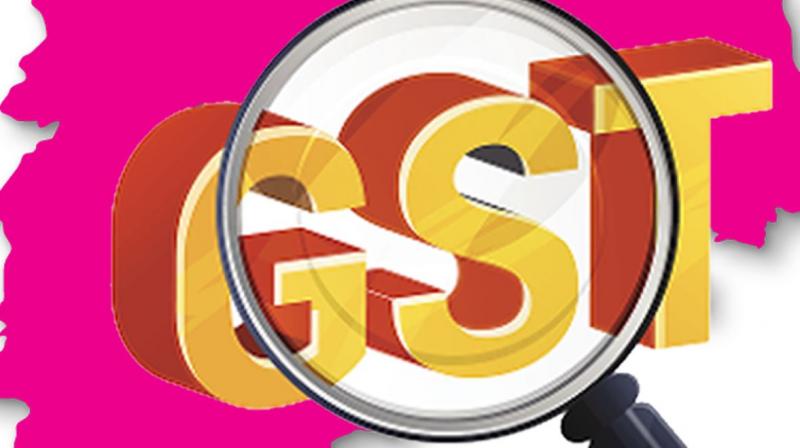Badri Narain Sharma appointed as head of GST anti-profiteering body

New Delhi: Senior bureaucrat Badri Narain Sharma was on Tuesday appointed as the chairman of the national anti-profiteering authority under the GST regime, according to an official order.
Sharma, a 1985 batch IAS officer of Rajasthan cadre, is at present additional secretary in the department of revenue. The Appointments Committee of the Cabinet has approved his appointment to the post in the rank and pay of secretary to the government of India, the order by the ministry of personnel said.
The Union Cabinet had on November 16 approved setting up of the five-member authority, mandated to ensure that the benefits of GST rate reduction is passed on to consumers.
As per the structure of the anti-profiteering mechanism in the GST regime, complaints of local nature will be first sent to the state-level screening committee, while those of national level will be marked for the standing committee. If the complaints have merit, the respective committees would refer the cases for further investigation to the Directorate General of Safeguards.
The DG Safeguards would generally take about three months to complete the investigation and send the report to the anti-profiteering authority.
If the authority finds that a company has not passed on GST benefits, it will either direct the entity to pass on the benefits to consumers or if the beneficiary cannot be identified, it will ask the company to transfer the amount to the 'consumer welfare fund' within a specified timeline.
The authority will have the power to cancel registration of any entity or business if it fails to pass on to consumers the benefit of lower taxes under the GST regime, but it would probably be the last step against any violator.
According to the anti-profiteering rules, the authority will suggest return of the undue profit earned from not passing on the reduction in incidence of tax to consumers along with an 18 per cent interest, and also impose penalty.

